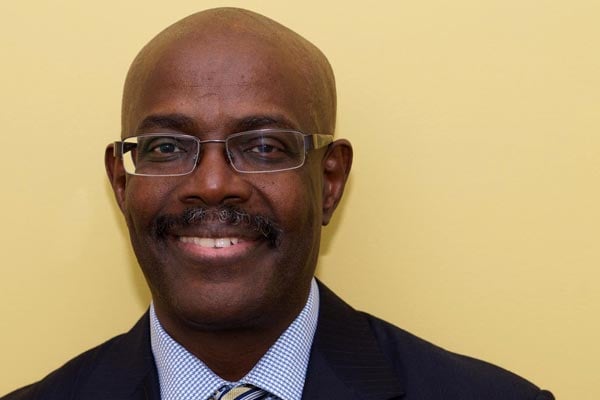Jacob Oulanyah and the NRA’s Stockholm Syndrome in the north

Author: Daniel K Kalinaki. PHOTO/FILE.
What you need to know:
- With the military primarily in the hands of northern soldiers, it wasn’t surprising that the major political heads – Milton Obote, Idi Amin and Tito Okello – were all from the north. The NRA war was variously framed as a south-versus-north affair to restore, among others, Buganda’s claims and to defend the rights of other Ugandans living in the south to occupy their rightful spaces in Uganda.
Younger readers might not know that until the early-to-mid 2000s, many Ugandans from the southern, western and eastern parts of the country did not dare cross Karuma Dam into northern Uganda, or Acholi, to be precise.
The war against the Lord’s Resistance Army rebels had made vast swathes of northern Uganda unsafe and locals had been rounded off into camps for “internally displaced” people. They were caught between poverty, disease and destitution within the camps and, outside, the risk of being abducted by the rebels or being killed in the fighting.
The war was a continuation of a political contest that could be traced all the way back to the pre-colonial days of Emin Pasha and his Nubian mercenaries, to the racist colonial theories that populated the Kings African Rifles and later Uganda Army predominantly with men from the northern part of the country considered to be more “martial” in stature, temperament and inclination.
With the military primarily in the hands of northern soldiers, it wasn’t surprising that the major political heads – Milton Obote, Idi Amin and Tito Okello – were all from the north. The NRA war was variously framed as a south-versus-north affair to restore, among others, Buganda’s claims and to defend the rights of other Ugandans living in the south to occupy their rightful spaces in Uganda.
The contestation continued militarily through insurgencies in the West Nile, Acholi, Lango and Teso and politically with the north largely voting against the NRA/M in the CA elections, and in the elections in 1996, 2001 and 2006.
Against that background, one of the masterful political gymnastics that the NRA/M has pulled, and for which it does not get the credit it deserves, is to turn the population in the northern parts of the country from foes into fervent fans.
What cynics dismiss as Stockholm Syndrome conceals foresighted swashbuckling deal-making and the wooing of the northern elite away from their historical parties, DP and UPC, and giving them a home in the NRM.
It has allowed some politicians from the greater north like Hilary Onek, Moses Ali into part of the wallpaper in Cabinet, swallowed UPC and a faction of DP into NRM, created a new landed and monied gentry from the north that serves as aspirational models to the masses. It has also put smart young political players from the north in key party and government positions and enabled something that would have been unthinkable only a few years ago: an NRM government with two of the three arms of government led by Acholi politicians.
Speaker of Parliament Jacob Oulanyah was the poster-boy of this NRA/M lie-in with the northern elite. When he first won the Omoro parliamentary seat in 2001, he did so as an opposition-leaning independent since political parties were banned.
When he ran openly as UPC in 2006 he lost, not to an NRM candidate, but to Simon Toolit Akecha of the opposition Forum for Democratic Party. This is where things get interesting. The older northern political elite from DP and UPC had naturally gravitated towards FDC as the biggest opposition political party and could ride on that momentum to win parliamentary seats but, for several reasons, the FDC was not able to win power and deliver the goods to voters beyond the few lucky to become MPs.
Younger northern politicians also faced two hurdles: they had to overcome the veteran wazee politicians to win opposition party nominations, then fight NRM flagbearers who benefitted from the support of the military, the peace dividend that had come with the end of the LRA war, the state rigging infrastructure, and the ruling party’s unrivalled campaign infrastructure.
To win political office they would have to join and campaign for and on the NRM ticket. It gave them access to resources and many voters, poor from decades of want, followed the money into NRM, breaking the opposition’s stranglehold on the north.
When Oulanyah ran in 2011 he beat Toolit (with the help of the deep state, his rival claimed) and was immediately rewarded with the deputy speaker position.
The good news is that the NRA/M has transcended historical divides to unite southern and northern politicians. It is like a polygamous man who builds peace in the village by marrying from a rival family and creating a bond.
The problem is that some of the older wives and their children, who are now of age, are not too happy at being cast aside. The fight to succeed Oulanyah is just the curtain raiser; the real inheritance battle is yet to come. There’s still sitting space inside the cinema for those still milling outside.
Mr Kalinaki is a journalist and poor man’s freedom fighter.
@Kalinaki




